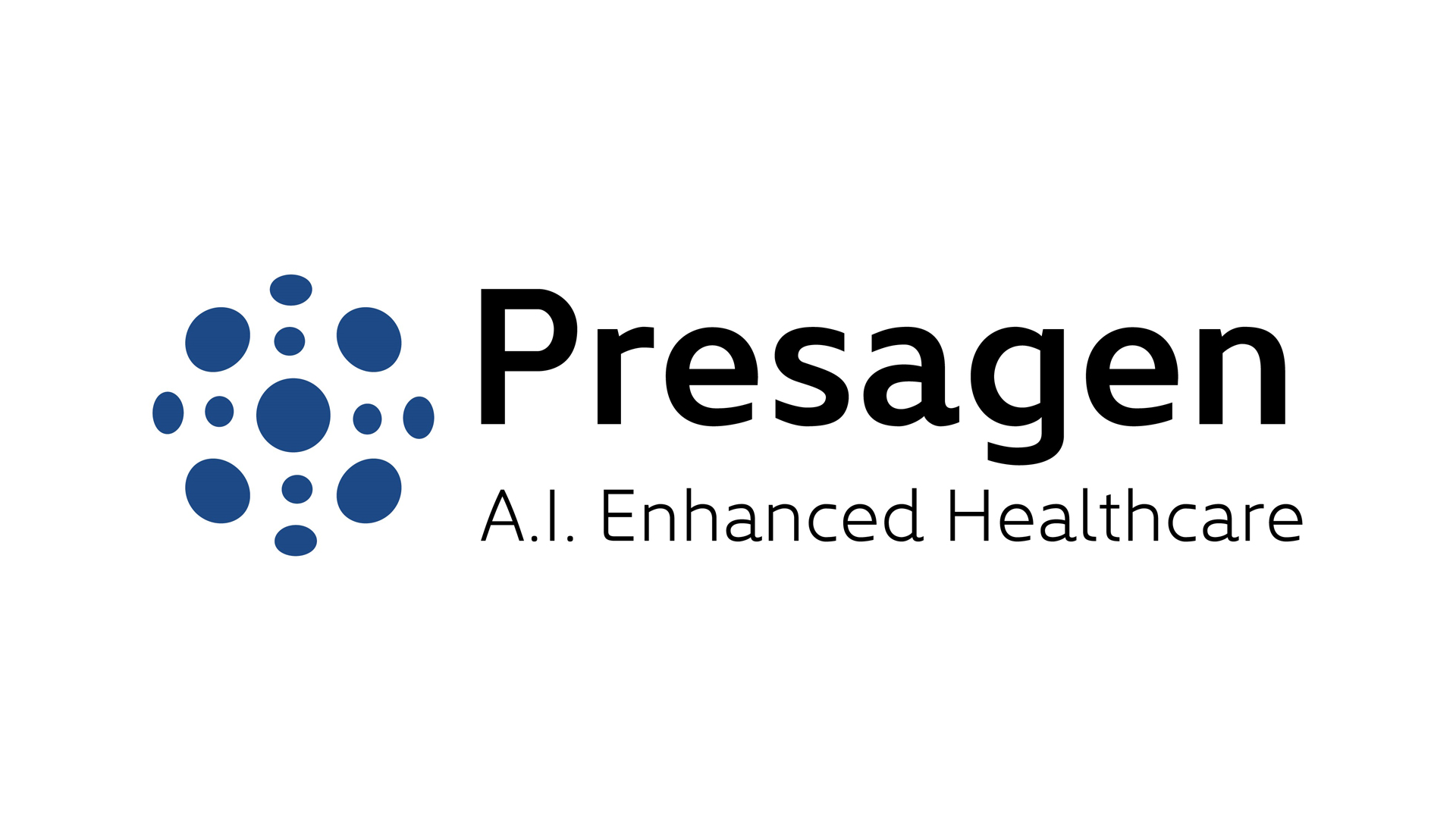
Global clinical collaboration enables the creation of unbiased Artificial Intelligence to benefit all patients.
World-renowned Stanford AI experts, Professors Andrew Ng and Fei-Fei Li, have recently acknowledged one of the most significant barriers for AI in healthcare – bias. Having created AI using data from Stanford hospital, they discovered that the AI failed when used at another hospital as it was created and biased to data representing only Stanford’s clinical settings and patient demographics. To create AI that is unbiased, and thus scalable and reliable for all clinics and patients globally, the AI needs to be trained on globally diverse data that represents all clinical settings and all patient demographics.
Presagen achieves this goal with a collaborative online AI healthcare platform that connects a global network of clinics and their medical data. Clinics around the world can connect to the collaborative network and securely and privately contribute data to create AI healthcare products, through AI Open Projects. Contributing data is as simple as a ‘drag-and-drop’ to a web app, in return for their data and clinical support the clinics will receive royalties. Presagen takes responsibility for all the data handling, including training and optimising the AI, submitting regulatory approvals, and delivering the AI products back to clinics globally. Clinics can freely access the products created by Presagen on an on-demand basis in order to service their patients, who are the ultimate beneficiaries of the affordable pay-per-use service.
Presagen’s approach can be likened to the YouTube model where users contribute content and receive royalties. In a similar way, clinics are the data contributors to the Presagen platform, and receive royalties for their contributions. A significant benefit of this approach is democratisation. Again, similarly to the way YouTube democratised video, shifting power from large studios to anyone with a camera, Presagen democratises AI healthcare, shifting power from large hospitals or healthcare companies to any clinic, regardless of size or location.
The key challenges
Two crucial challenges that must be addressed in order to practically implement a global collaborative network for healthcare are data privacy and data quality. Data privacy laws in many countries do not allow medical data to leave or be viewed outside of the country of origin, this means that global data cannot be centralised as it typically would for traditional AI training. Presagen has solved this problem by using its patented Decentralised Federated Learning algorithm. Instead of the data moving to the AI, the AI goes to the data, iteratively learning from data distributed around the world on its secure global cloud infrastructure. Only the AI algorithm and general learnings from each data node are shared, and never the private medical data itself. Furthermore, clinics only contribute data that is necessary to create the AI healthcare product, and that data is anonymised with patient consent.
Data quality is a critical issue for any AI application. A minor error in data can significantly impact AI performance, regardless of the quantity of data used to train the AI. Medical data is often inherently of poor quality, due to clinical subjectivity or medical uncertainty, as well as unintentional human error or intentional malicious attacks by users injecting erroneous data. Furthermore, due to the data privacy laws discussed above, manual visual verification of private patient data is not always possible. To address data quality issues, we use a novel patented algorithm that can automatically detect errors in data without having to manually inspect or see the data. This algorithm has been shown to detect errors that even experts cannot reliably detect and can improve both AI accuracy and scalability.
Presagen is thought of as The Social Network for Healthcare, which fundamentally changes the way AI-enabled healthcare is created and delivered. It enables AI to access globally connected medial data to create unbiased AI that brings global intelligence back to clinics to ultimately improve patients’ healthcare outcomes in a way that is both affordable and accessible. Our primary focus is the underserved women’s health sector, but we have a long-term vision of connecting every clinic and benefiting every patient globally with AI across the whole healthcare sector.
Life Whisperer: Demonstrating the power of global AI collaboration to improve IVF outcomes for patients

The first product we built that utilises the Presagen AI Open Projects platform is Life Whisperer. Life Whisperer applies AI to IVF with the aim of improving pregnancy outcomes for patients. The unique Life Whisperer Embryo Quality Assessment assesses embryo viability and genetics using only a single image in a method that is simple, non-invasive, and yields an instant assessment. The Life Whisperer application is comprised of two cutting-edge AI algorithms – Viability and Genetics. The application assesses implantation potential and the likelihood of clinical pregnancy. In an international clinical study, the AI was shown to perform 25% better than human embryologist manual visual assessment alone, and can reduce time to pregnancy by 15%, saving patients from the excessive cost and trauma of prolonged IVF treatment. The Genetics algorithm assesses the likelihood of the embryo being genetically normal (euploid), with the aim of preventing complications such as miscarriage. Life Whisperer Genetics provides an alternative to invasive PGT-A testing, a process some patients are not comfortable with, as it requires a biopsy to be taken for genetic tests of the embryo that may ultimately become their baby. In some countries, PGT-A is not even available and in many it is unaffordable, meaning that Life Whisperer Genetics is a great non-invasive, affordable alternative, or a solid method of pre-selection for those that cannot afford to apply PGT-A to all their embryos.
In a clinical study using Life Whisperer Genetics to rank 100,000 simulated patient cohorts, the probability of the top-ranked embryo being genetically normal in a given patient cohort was 82.4%. The probability of at least one of the top-two ranked embryos being genetically normal was 96.3%. Life Whisperer was built and tested collaboratively with, and for, clinics globally, including clinics in the USA, Australia, New Zealand, SE Asia and Europe, it is also CE-Marked and authorised for use in two thirds of the world’s IVF market, with clinical users spanning the globe. IVF clinics can be readily set up and given access to the web-based software within minutes. The software is intuitive, fits seamlessly into the existing workflow, and operates with existing camera systems. Embryologists simply need to take images of the patient’s embryos, and just drag-and-drop the images onto the application, the AI then runs in the cloud-based system and returns an instant result as to which embryo will most likely lead to a pregnancy. Life Whisperer is an initial demonstration of what is possible when AI-enhanced healthcare products are built using a collaborative clinic model to facilitate globally connected medical data to build products that are scalable, unbiased, and reliable, but most importantly accessible and affordable for clinics and patients around the world.
This article is from issue 18 of Health Europa. Click here to get your free subscription today.








